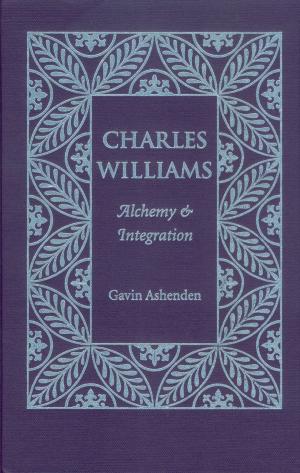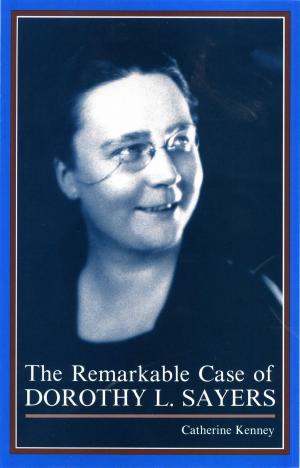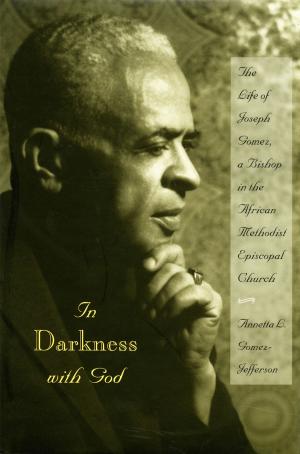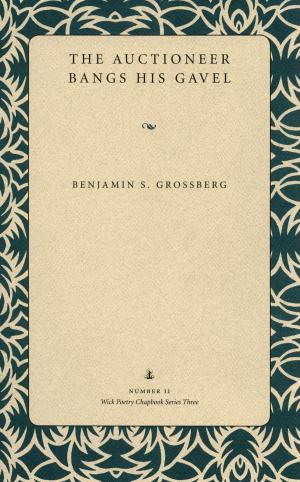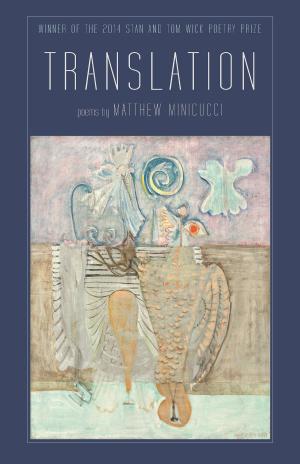A Self-Evident Lie
Southern Slavery and the Threat to American Freedom
Nonfiction, History, Americas, United States, 19th Century| Author: | Jeremy J. Tewell | ISBN: | 9781612776361 |
| Publisher: | The Kent State University Press | Publication: | December 21, 2011 |
| Imprint: | The Kent State University Press | Language: | English |
| Author: | Jeremy J. Tewell |
| ISBN: | 9781612776361 |
| Publisher: | The Kent State University Press |
| Publication: | December 21, 2011 |
| Imprint: | The Kent State University Press |
| Language: | English |
A Self-Evident Lie explores and underscores the fear and complex meaning of “slavery” to northerners before the Civil War. Many northerners asked: If slavery was the beneficent and paternalistic institution that southerners claimed, could it not be applied with equal morality to whites as well as blacks? Republicans repeatedly expressed concern that proslavery arguments were not inherently racial. Irrespective of race, anyone could fall victim to the argument that they were “inferior,” that they would be better off enslaved, that their enslavement served the interests of society, or that their subjugation was justified by history and religion.
In trenchant and graceful prose, Jeremy Tewell argues that some Republicans, most notably Abraham Lincoln, held that the only effective safeguard of individual liberty was universal liberty, as expressed in the Declaration of Independence. As long as Americans believed that “all men” were endowed with inalienable rights to life, liberty, and the pursuit of happiness, everyone’s liberty would be self-evident, regardless of circumstance.
Conversely, the justifications meant to exclude a segment of society from the rights of man worked to destroy the self-evidence of those very rights. Therefore, by failing to repudiate slavery—thus rejecting the universality of human liberty—northerners made themselves vulnerable to proslavery rationales, especially when they happened to occupy a position of political, social, or economic weakness. Black skin had been stigmatized as a badge of servitude, but there was nothing to guarantee that white skin would always serve as an unimpeachable badge of freedom.
This was a major theme in Lincoln’s campaign against Stephen A. Douglas and was a key argument against the use of popular sovereignty as the method for determining slavery’s status in the territories. According to Tewell, Lincoln’s greatest challenge was to convince northern audiences that simple indifference to slavery was itself inimical to the liberty of whites.
A Self-Evident Lie will intrigue anyone interested in issues related to Lincoln, slavery and antislavery, the Civil War, and American intellectual history.
A Self-Evident Lie explores and underscores the fear and complex meaning of “slavery” to northerners before the Civil War. Many northerners asked: If slavery was the beneficent and paternalistic institution that southerners claimed, could it not be applied with equal morality to whites as well as blacks? Republicans repeatedly expressed concern that proslavery arguments were not inherently racial. Irrespective of race, anyone could fall victim to the argument that they were “inferior,” that they would be better off enslaved, that their enslavement served the interests of society, or that their subjugation was justified by history and religion.
In trenchant and graceful prose, Jeremy Tewell argues that some Republicans, most notably Abraham Lincoln, held that the only effective safeguard of individual liberty was universal liberty, as expressed in the Declaration of Independence. As long as Americans believed that “all men” were endowed with inalienable rights to life, liberty, and the pursuit of happiness, everyone’s liberty would be self-evident, regardless of circumstance.
Conversely, the justifications meant to exclude a segment of society from the rights of man worked to destroy the self-evidence of those very rights. Therefore, by failing to repudiate slavery—thus rejecting the universality of human liberty—northerners made themselves vulnerable to proslavery rationales, especially when they happened to occupy a position of political, social, or economic weakness. Black skin had been stigmatized as a badge of servitude, but there was nothing to guarantee that white skin would always serve as an unimpeachable badge of freedom.
This was a major theme in Lincoln’s campaign against Stephen A. Douglas and was a key argument against the use of popular sovereignty as the method for determining slavery’s status in the territories. According to Tewell, Lincoln’s greatest challenge was to convince northern audiences that simple indifference to slavery was itself inimical to the liberty of whites.
A Self-Evident Lie will intrigue anyone interested in issues related to Lincoln, slavery and antislavery, the Civil War, and American intellectual history.

